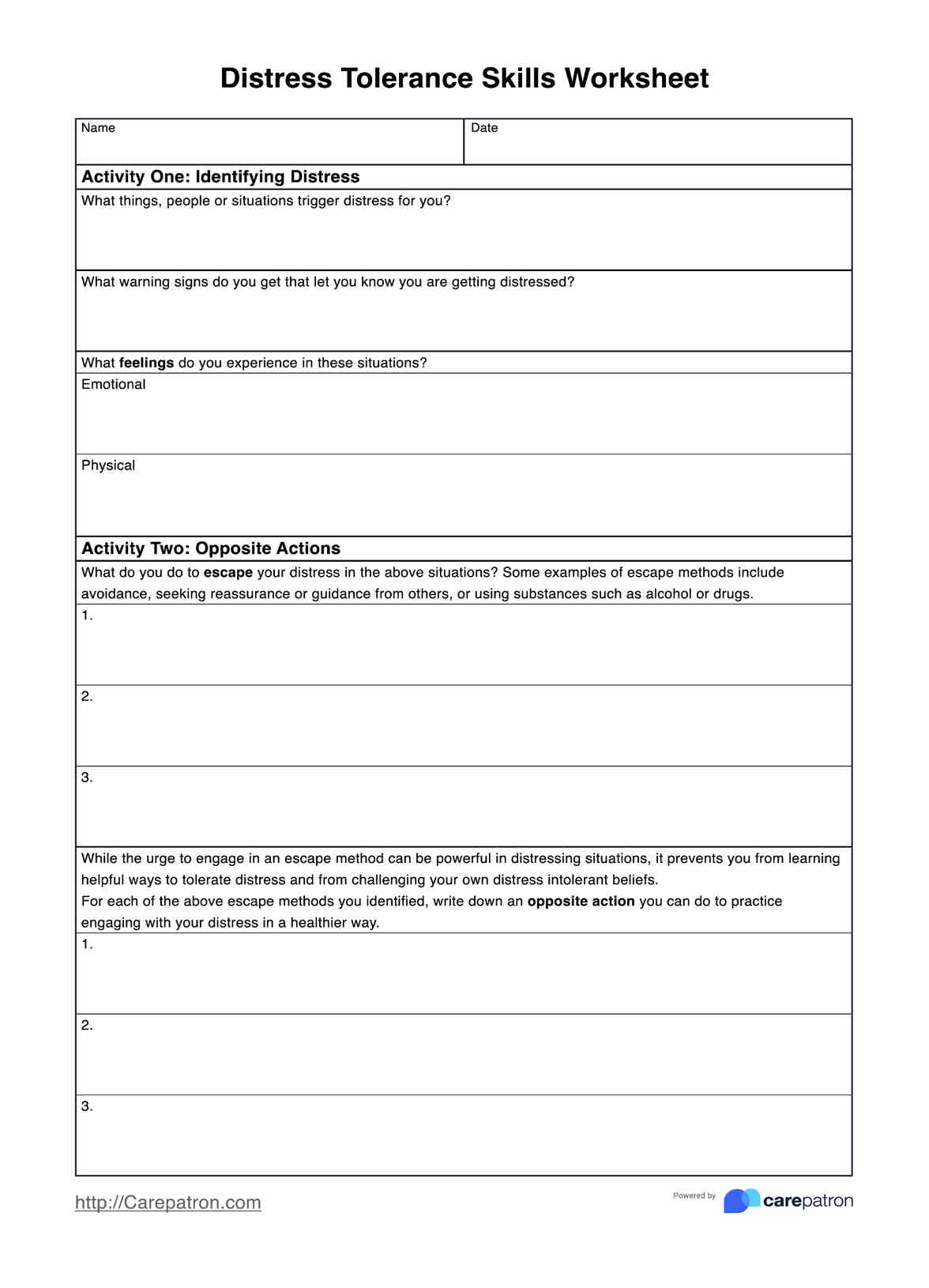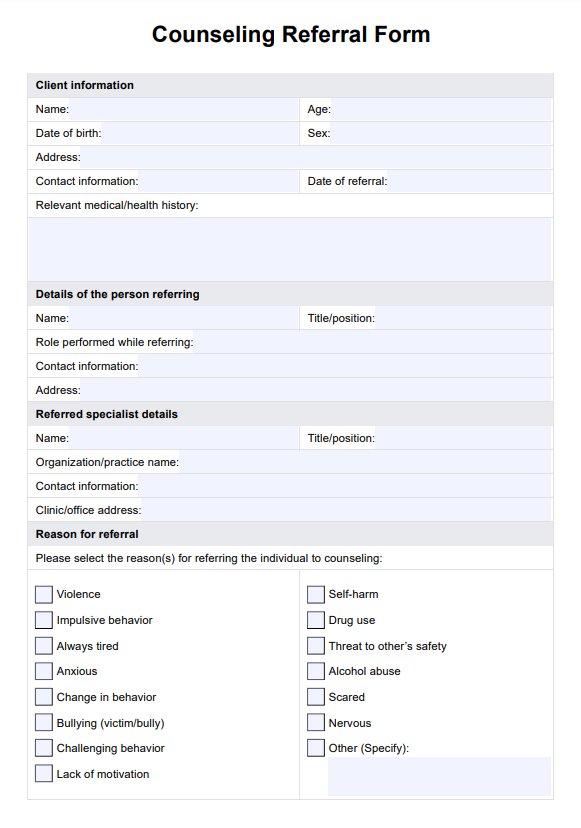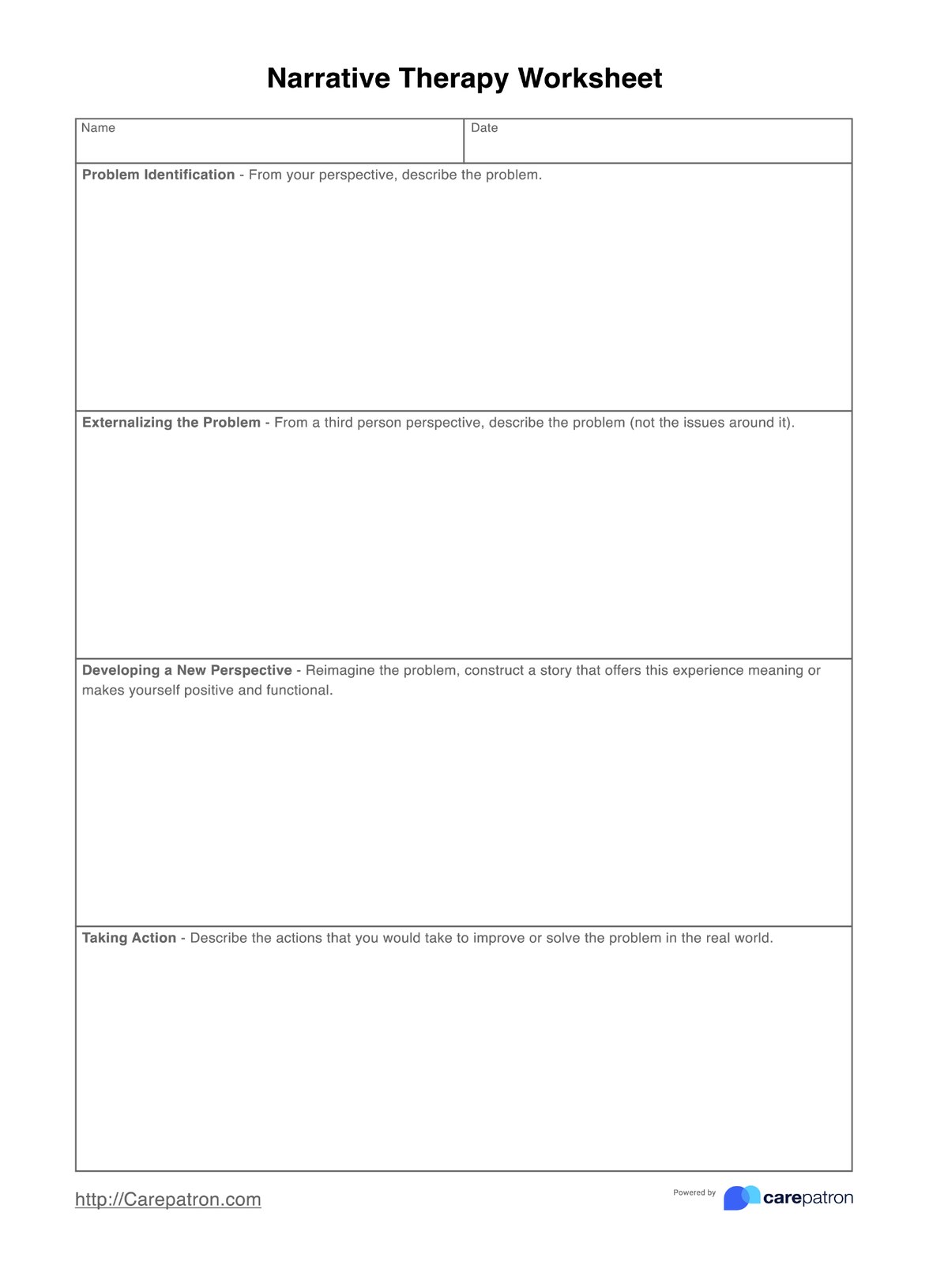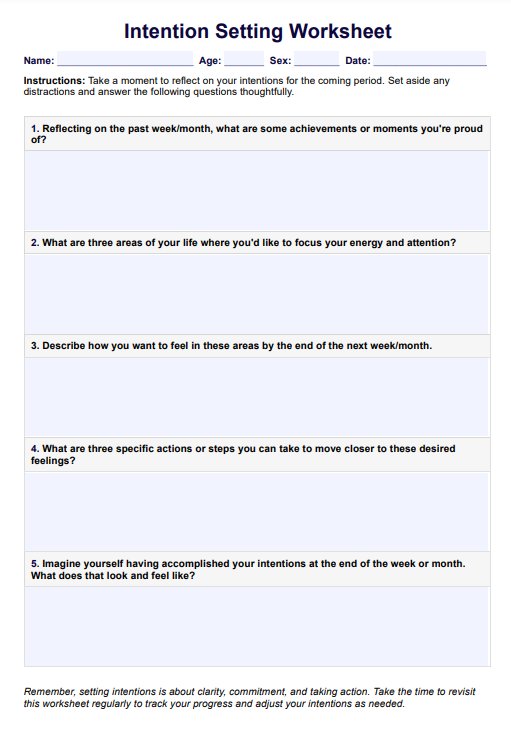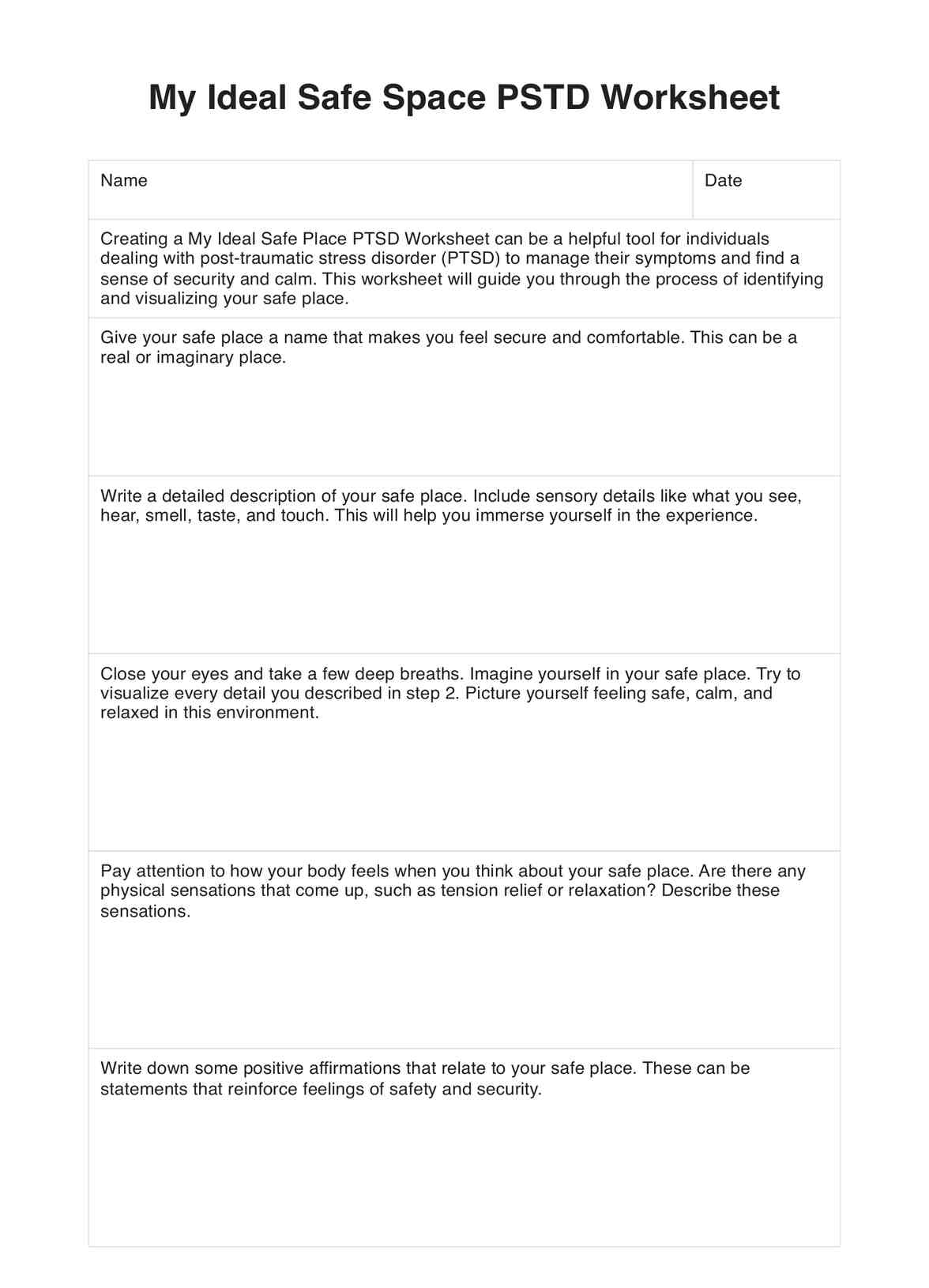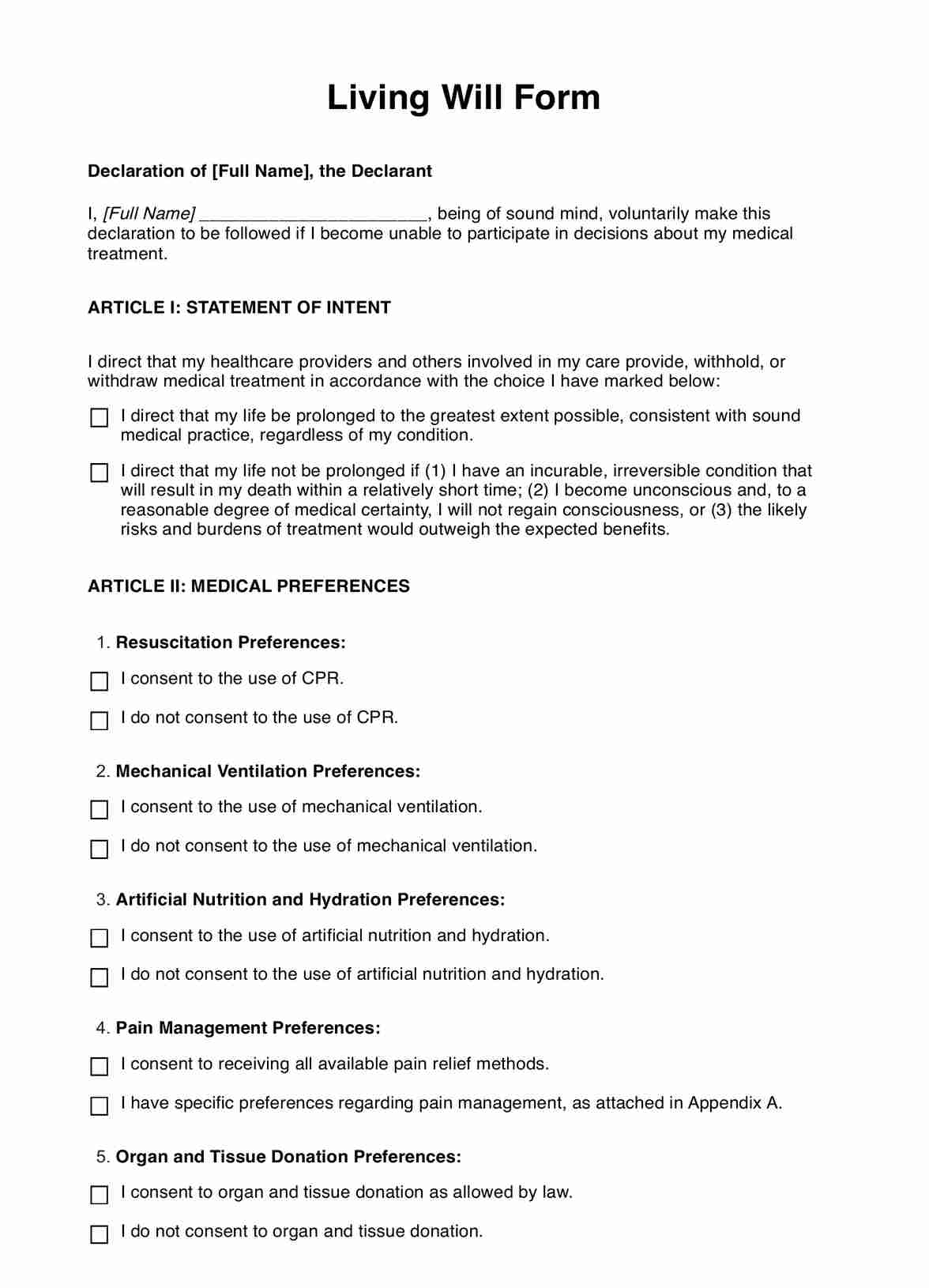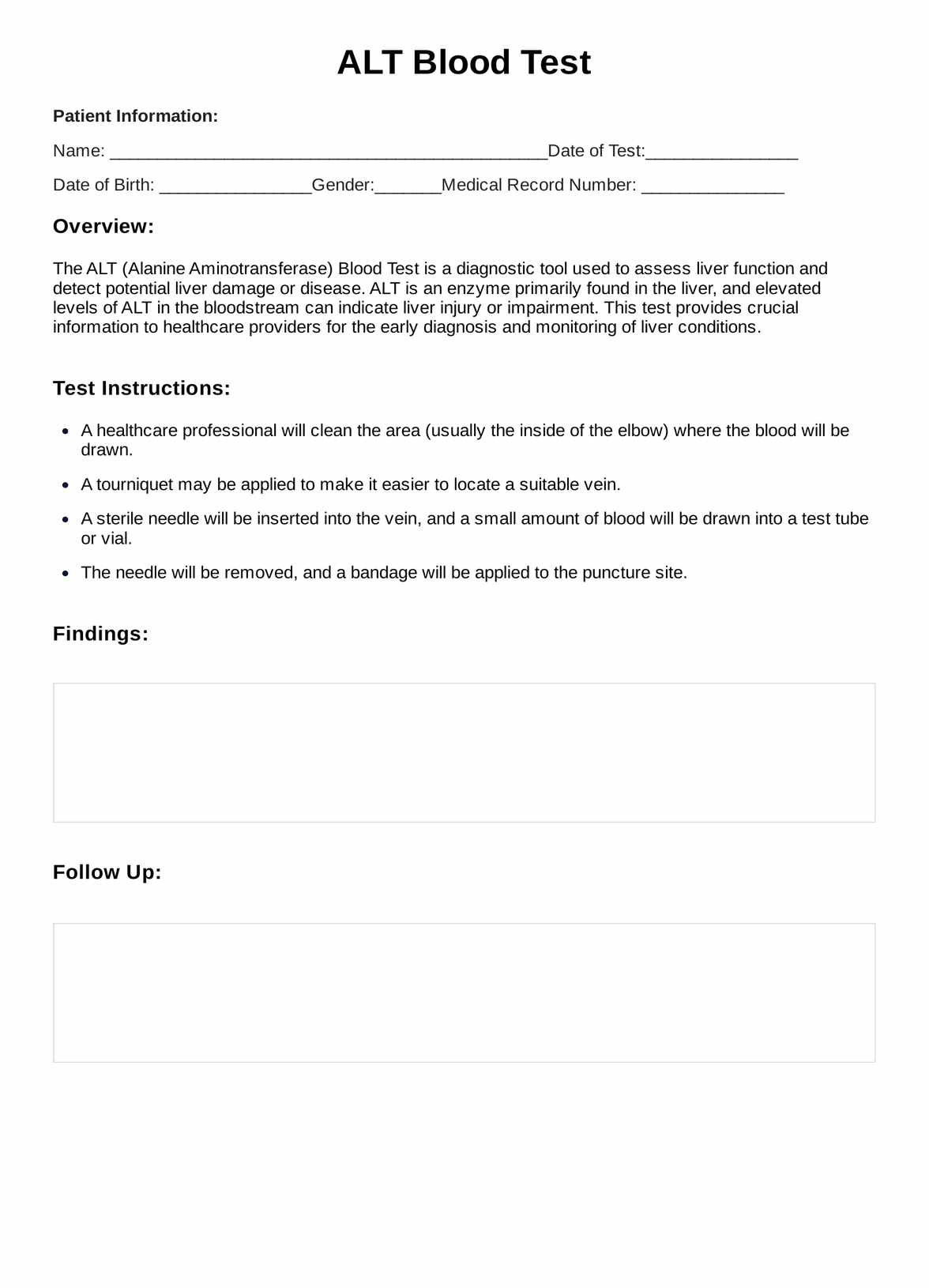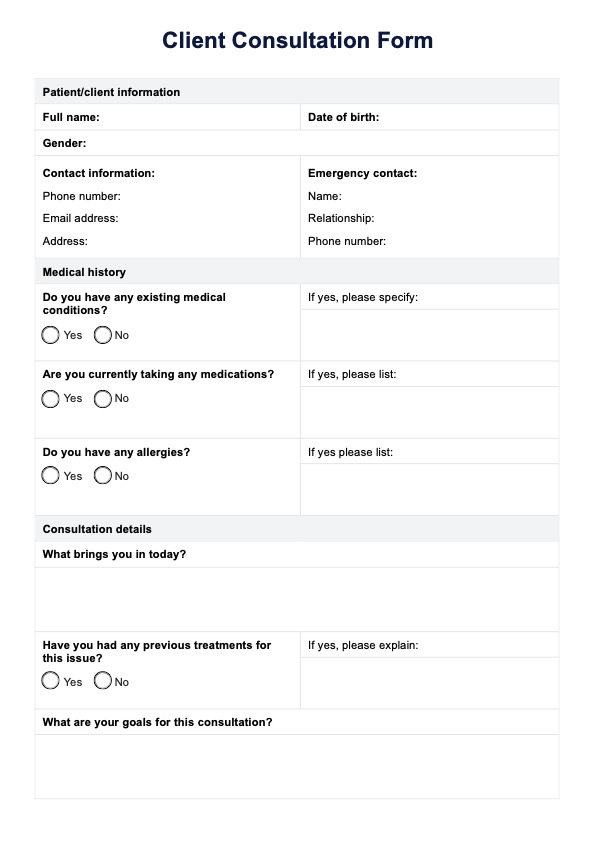8-Week Group Counseling Plan
Discover a flexible template for creating effective 8-Week Group Counseling Plans, tailored to meet diverse needs and foster growth.


What is group counseling?
Group counseling is a form of therapy where multiple individuals come together in a structured environment to address shared concerns or challenges. In a typical group session, one or more therapists guide the group, fostering a space where participants can develop essential coping skills and improve interpersonal skills. Group counseling is often utilized by school counselors to address issues such as mental health, social skills, and emotional regulation. It can also be particularly helpful for individuals dealing with substance abuse, as the group dynamic encourages peer support and accountability.
The structure of group counseling often follows group norms, which set expectations for behavior and interaction. These norms help create a safe and supportive environment where participants can work on issues like impulse control and develop healthier behaviors. Through engaging activities, members of the group can practice strategies for emotional regulation and social interaction, enhancing their ability to handle life’s challenges. A typical group may meet for several weeks, such as in an 8-week group setting, allowing time for participants to make meaningful progress.
8-Week Group Counseling Plan Template
8-Week Group Counseling Plan Example
Who is group counseling for?
Group counseling is designed for individuals who benefit from sharing their experiences and learning from others in a supportive environment. It is suitable for a wide range of people, from high school students struggling with self-esteem to adults dealing with substance abuse. School counselors often organize small groups for students to address issues such as emotional regulation, self-care, and building positive relationships. These groups allow participants to explore discussion topics relevant to their needs, such as managing strong emotions or developing dialectical behavior therapy (DBT) skills for coping with stress and conflict.
Group counseling is particularly effective when the group seeks to address a common concern or challenge. Specific groups may be formed around themes like mental health, self-esteem, or addiction recovery, where participants can learn from each other’s experiences. For instance, a group designed for those struggling with substance abuse may focus on goal setting, relapse prevention, and emotional regulation. Therapists working with these groups help guide the conversations and activities to ensure that participants stay engaged and work toward their therapeutic goals.
What can you include in an 8-Week Group Counseling Plan?
An 8-Week Group Counseling Plan is structured to guide group members through various stages of personal and interpersonal development. Each session focuses on specific goals, helping participants build group communication skills, self-esteem, and trust. Below are some activities you can consider including in a typical 8-week plan:
Trust building
At the beginning of the program, group members engage in trust-building activities that help create a safe and open environment for group discussions. These activities encourage participation, helping individuals feel comfortable sharing their thoughts and experiences with others in the small group.
Communication skills
Group sessions focus on enhancing communication skills through guided discussions and exercises. By practicing active listening and clear expression, participants improve their ability to interact with others. These skills are essential for students, parents, and adults facing challenges in different areas of their lives.
Self-esteem and self-care
Activities aimed at boosting self-esteem and promoting self-care are integrated throughout the 8-week plan. Group members learn strategies to improve their self-worth and mental well-being, which can help reduce symptoms of depression and anxiety. Self-care practices are also encouraged as part of the therapy process.
DBT skills
DBT skills, including emotional regulation and distress tolerance, are essential to the plan. These skills help individuals manage strong emotions and reduce impulsive behavior. Group discussions in this area help participants develop healthier coping strategies for stress and interpersonal conflicts.
Group discussions and participation
Throughout the program, group members engage in discussions that address specific goals related to mental health, communication, and personal growth. Participation is key, as sharing experiences fosters a sense of community and support among members.
Last session and reflection
In the last session, the group reflects on the progress made during the program. Members discuss the new skills they've developed and how they plan to apply them beyond the group setting. Reflection activities encourage a sense of closure and accomplishment, ensuring participants leave with strategies for continued growth.
How to use the 8-Week Group Counseling Plan
Medical professionals can use Carepatron's 8-Week Group Counseling Plan to effectively guide group therapy sessions. By following a structured process, therapists can support group members in achieving their specific goals. Below are the steps for using the plan effectively:
Step 1: Access the plan
The 8-Week Group Counseling Plan is easily accessible through Carepatron’s platform. Users can find the template within this guide, allowing them to get started quickly. Simply download or print the plan to use during group therapy sessions.
Step 2: Input necessary information
Before starting, input essential details such as group members’ names, the specific goals of the group, and any relevant background information. This helps tailor the plan to meet the unique needs of the group, ensuring each session is structured and personalized.
Step 3: Discuss plans, steps, and goals within the group
During the first group session, review the plan with the group members. Discuss the steps and goals that will be addressed over the 8-week period, encouraging group participation and input. Openly setting expectations fosters trust and clarity from the start.
Step 4: Document the discussion
As the group progresses through each session, it's important to document the group discussions and key takeaways. Therapists can take notes on the challenges, insights, and progress made by the group members, creating a record that can be revisited in later sessions.
Step 5: Monitor progress
Throughout the 8-week period, regularly monitor the progress of the group members. Compare their development to the goals set at the beginning of the plan, adjusting strategies as needed to ensure the group is making positive strides toward personal growth and improvement.
Benefits of using a group counseling plan
A group counseling plan offers numerous benefits for personal development and emotional well-being. It provides a structured approach to support group members, helping them address various issues such as depression, grief, and family dynamics. For students and children, the plan can be particularly valuable in a school setting, where it fosters acceptance and diversity. By incorporating DBT skills and open discussions, group members can better manage their feelings and develop healthier coping strategies.
Group counseling also provides a safe space for members to share experiences and gain support from others facing similar challenges. Whether the group consists of students, parents, or individuals dealing with specific emotional concerns, a well-designed plan ensures that all participants benefit from the resources provided. Over the course of several weeks, members work through personal issues, and by the last session, they often experience growth and improvement in their emotional health.
Commonly asked questions
A group counseling session typically lasts 60 to 90 minutes, depending on the structure and goals of the group. The length allows sufficient time for meaningful discussions and activities while keeping participants engaged.
Group counseling generally follows four stages: forming, storming, norming, and performing. These stages guide the group from initial introductions and trust-building to productive collaboration and personal growth.
The main objectives of group counseling are to foster personal development, enhance communication and social skills, and provide emotional support. It also aims to help participants develop coping strategies for mental health challenges and life stressors.


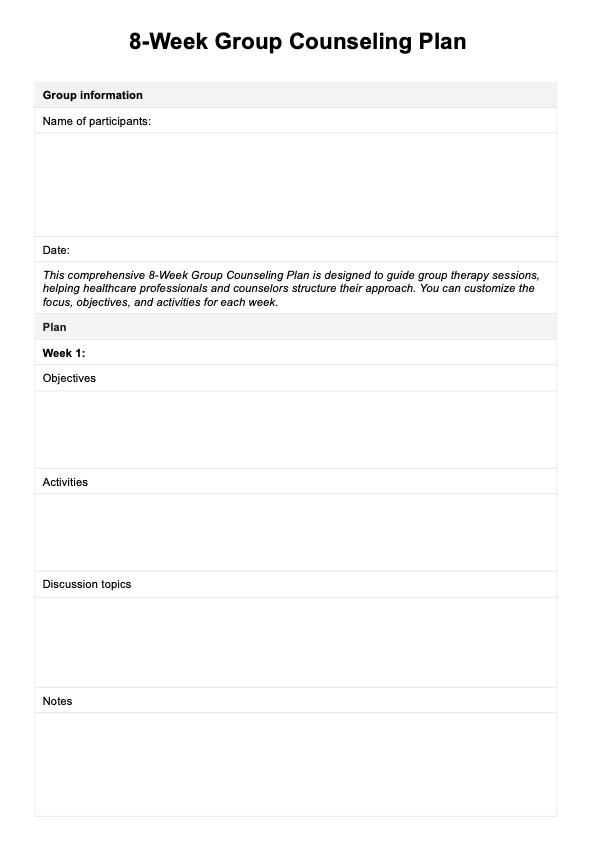
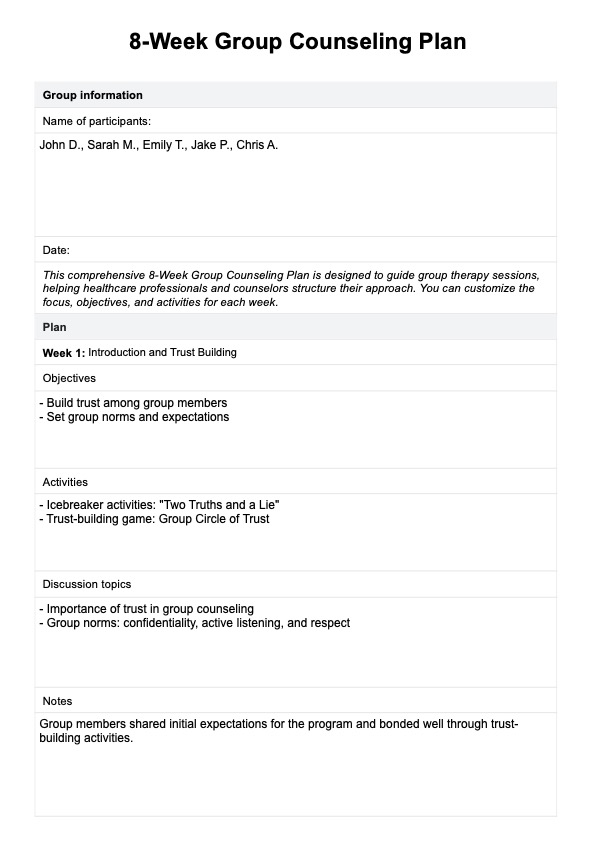





















-template.jpg)














































































